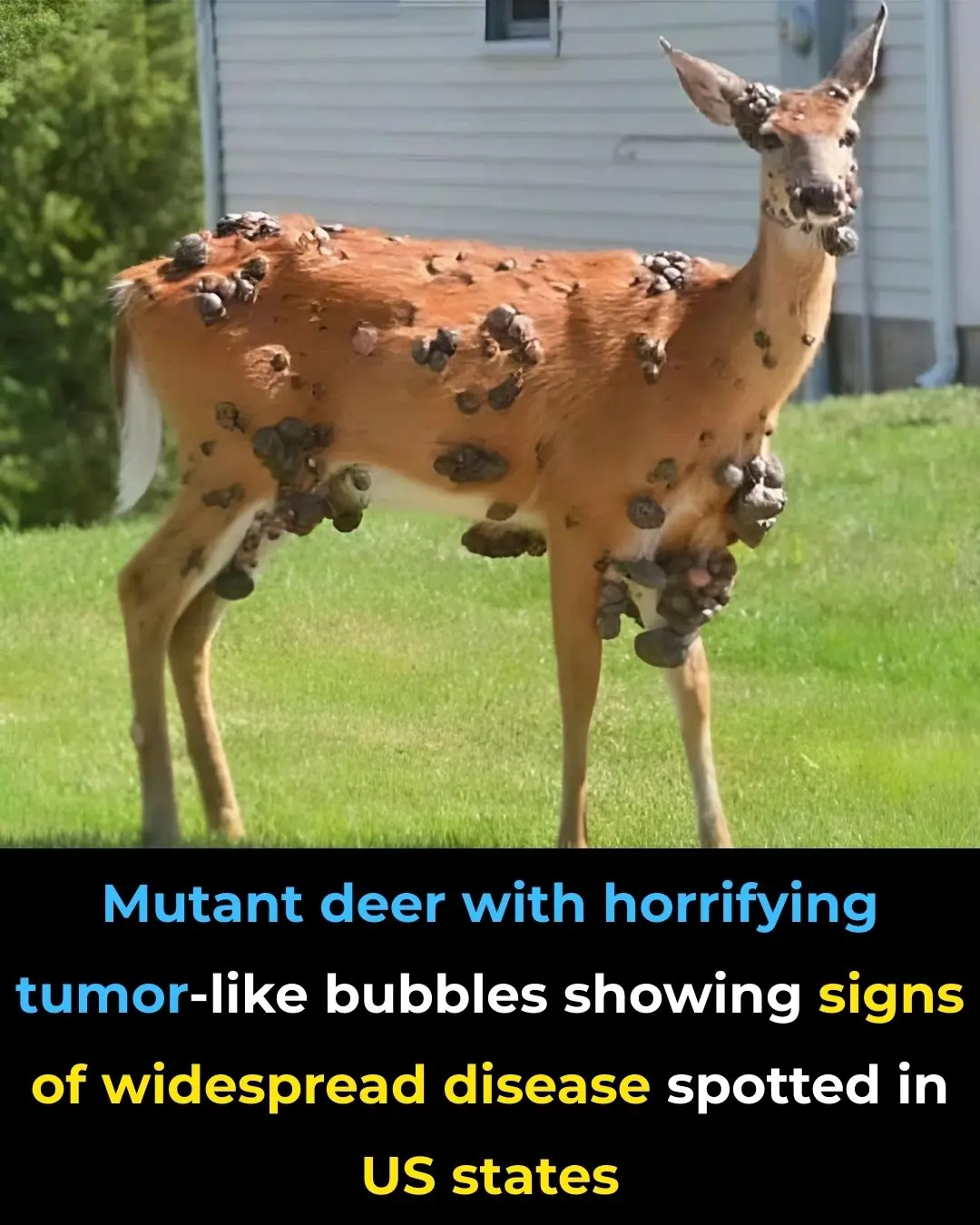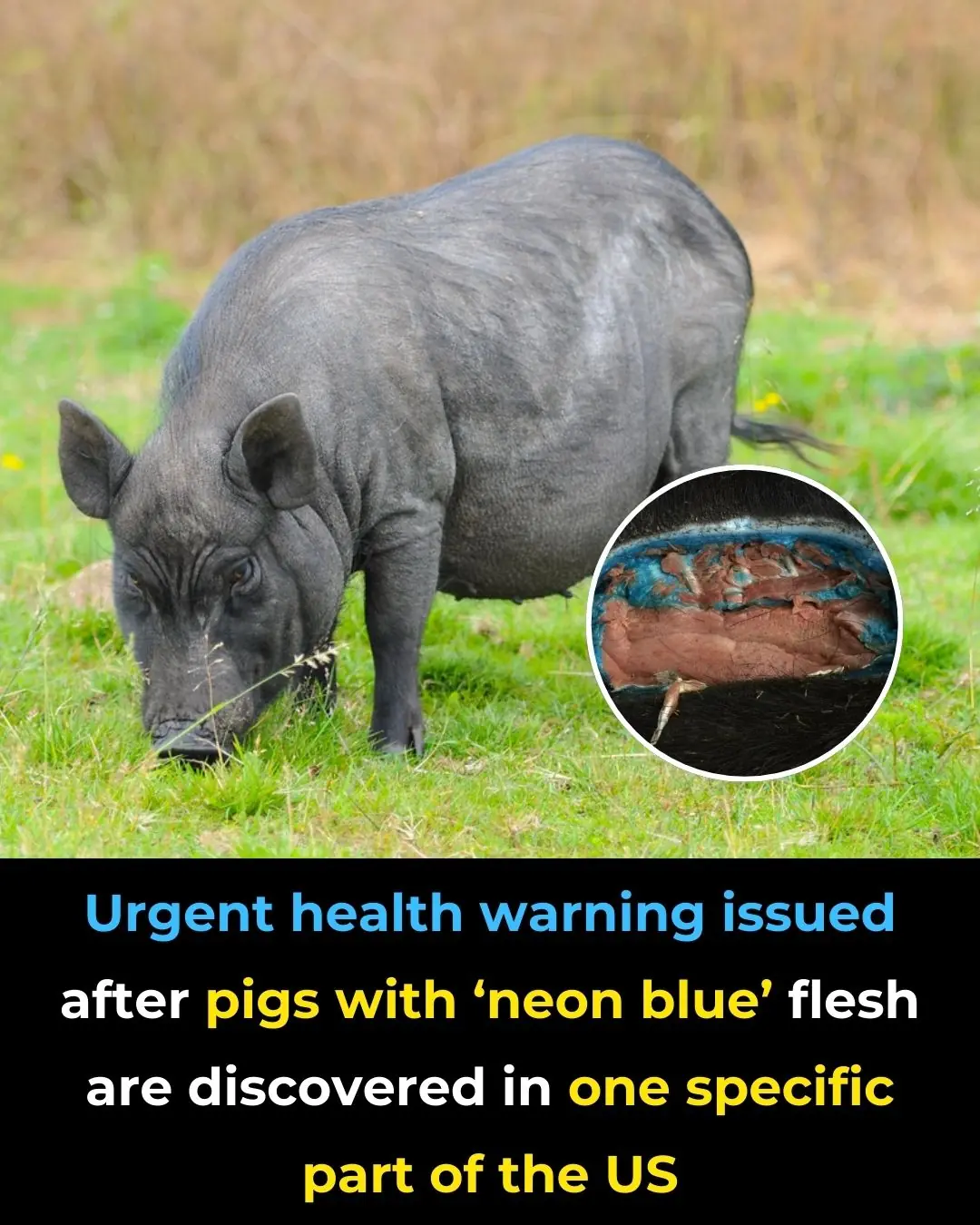
'Frankenstein' creature that hasn't had s3x in 80,000,000 years in almost completely indestructible
If thoughts about a lackluster sex life have been bothering you, spare a moment for a species that has entirely abstained from sexual activity for an astonishing 80 million years.
While tech mogul Elon Musk and others continue to emphasize that the natural purpose of humans is to propagate the species through reproduction, the story is far more complicated for one microscopic cousin of the flatworm: the bdelloid rotifer. This tiny creature has completely abandoned sexual reproduction, thriving in ways that challenge our conventional understanding of evolution.
Asexual reproduction isn’t entirely rare in the animal kingdom. Certain starfish, jellyfish, and even Komodo dragons can reproduce without mating. However, these cases pale in comparison to the bdelloid rotifer, which has embraced celibacy for tens of millions of years. Every one of the 450 known species of bdelloid rotifers consists entirely of females—no males have ever been documented in any population.
Bdelloids are hardy creatures, often inhabiting puddles, moss, and even sewage treatment tanks. In these harsh environments, they employ a remarkable survival strategy: they incorporate DNA from other species into their own genomes. This horizontal gene transfer allows them to maintain genetic diversity without sexual reproduction, a feat that most asexual organisms fail to achieve. Typically, species that reproduce solely asexually eventually hit an evolutionary dead end, succumbing to parasites or environmental changes due to lack of variation. Bdelloids, however, have defied this pattern, flourishing for tens of millions of years.
According to Discover Wildlife, bdelloid rotifers can even be revived after long dormancy. In 2021, specimens were resurrected from Siberian permafrost where they had remained inactive for more than 24,000 years. Upon thawing, these microscopic creatures resumed their normal life processes, including reproduction through asexual means. This remarkable resilience suggests that their DNA repair systems are among the most efficient in the microscopic world, helping them outlast the typical lifespan of most asexual species, which rarely exceeds 100,000 generations.
These so-called "evolutionary scoundrels" sustain themselves on a diet of dead bacteria, algae, and protozoans, scraping nutrients from their inhospitable environments. This lifestyle not only provides sustenance but also appears to facilitate the horizontal gene transfer that is key to their survival. Up to 10% of their active genes are derived from other species, earning them the nickname “a Frankenstein collage of foreign DNA from more than 500 species.” Scientists speculate that this borrowed genetic material enhances their ability to resist extreme environmental stresses, including drought, radiation, and desiccation.
When bdelloid rotifers encounter drying water sources, their bodies mummify, entering a stasis-like state. Dehydration, which damages DNA similarly to radiation, triggers their remarkable DNA repair mechanisms. By shattering and reconstructing their genome, bdelloids effectively achieve the genetic shuffling benefits normally provided by sexual reproduction—without ever needing a mate.

Bdelloid rotifers continue to prove they don't need men to survive (Eduardo Baena / Getty)
Furthermore, bdelloid rotifers produce their own unique antibiotics, fending off fungal infections with genes stolen from bacteria. This capability makes them a fascinating subject for research in next-generation antibiotics and potential biotechnological applications. By integrating vast amounts of foreign DNA into their systems, they not only survive but thrive under conditions that would obliterate most other microscopic species.
Essentially, while sexual reproduction has long been considered essential for genomic innovation and survival, bdelloid rotifers have proven that evolution can take alternative paths. Their ingenious use of horizontal gene transfer and extreme resilience makes them one of nature’s most extraordinary examples of adaptation. So, in the grand contest of survival and evolution, these female-only rotifers continue to show that you don’t need males—or sex—to dominate your ecosystem. Keep thriving, bdelloids—you’ve truly got it all figured out.
News in the same category


David Quammen, the COVID Predictor Warns of New Pandemic Threats

YouTuber shows crazy impact running 5k every day as a total beginner has on your body

Chilling moment Google's Gemini broke father out of delusion that he was 'changing reality' from his phone

Woman Cuts Her Hair for the First Time in 25 Years – See Her Transformation Today

This New ‘universal cancer vaccine’ trains the immune system to kill any tumor

Incredible cancer breakthrough sees woman's brain tumor almost disappear in just five days

NASA astronaut's heartbreaking statement from ISS moments before finally returning to Earth

Beware of the Plastic Bottle Scam: A New Car Theft Tactic

Former PlayStation CEO reveals key way consoles could be cheaper in the future

Swarm of angry jellyfish force nuclear power plant to immediately shut down

The TwoDaLoo Double-Sided Toilet (A Couples Toilet That’s Not For Me… Us)

Jeff Bezos reportedly 'obsessed' with making wife Lauren Sanchez the next Bond girl

Final straw that led to billionaire CEO's desperate escape from Japan inside 3ft box

Mutant deer with horrifying tumor-like bubbles showing signs of widespread disease spotted in US states

Angelina Jolie’s ‘Zombie Lookalike’ Revealed As She Leaves Jail After Fooling Everyone

Japanese “Baba Vanga” Meme Resurfaces After July 2025 Tsunami Triggers Alerts

Cancer patients in England to be first in Europe to be offered immunotherapy jab

US assassin caught on CCTV faces lengthy prison sentence over failed murder plot
News Post

Parasite Cleanses: Do They Really Improve Your Gut Health — and Are They Safe?

8 Teas to Drink for a Healthier Body and Mind

The Hidden Truth About Tinnitus: Why That Ringing in Your Ears Shouldn’t Be Ignored
Over time, repeated noise trauma damages tiny hair cells inside the cochlea, which cannot regenerate, resulting in permanent hearing changes and tinnitus.

DIY Turmeric & Ginger Shots to Fight Inflammation, Boost Immunity & Soothe Your Gut

Coconut water: Is It Good for You, Nutrition, Benefits, Side Effects (Science Based)

Clean Arteries: 10 Foods to Eat Daily

10 Warning Signs of Parasites in Your Body

Diet and Uric Acid: Foods to Avoid for Gout Prevention

Hiker Encounters Massive Snake Camouflaged Along South Carolina Creek

8 Foods That Help Eliminate Cancer Cells

David Quammen, the COVID Predictor Warns of New Pandemic Threats

Natural Remedies to Address Skin Tags, Warts, and Blackheads

Tips for Selecting Fresh Pork at the Market

The Deficiency of These Vitamins Contributes to Panic Attacks

Researchers Find Higher Intelligence Is Correlated With Left-Wing Beliefs and Seems to Be Genetic

Urgent Health Warning Issued After Pigs With ‘Neon Blue’ Flesh Are Discovered in One Specific Part of the Us

25-Year-Old Groom Dies from Acute Liver Failure After Eating Chicken – Doctors Warn of One Critical Danger!
Doctors caution people with pre-existing liver conditions, weakened immune systems, or chronic illnesses to exercise extra care when handling poultry and other high-risk.

What Your Legs Can’t Say, Your Vagina Can — The Truth About the Female Body Most People Don’t Know

9 Areas Where Itching Could Signal Malignant Tumors — #7 Happens Most Often

The World’s Deadliest Food Kills 200 People Every Year — Yet 500 Million Still Eat It
Despite its deadly reputation, millions of people continue to eat this every day without issue.